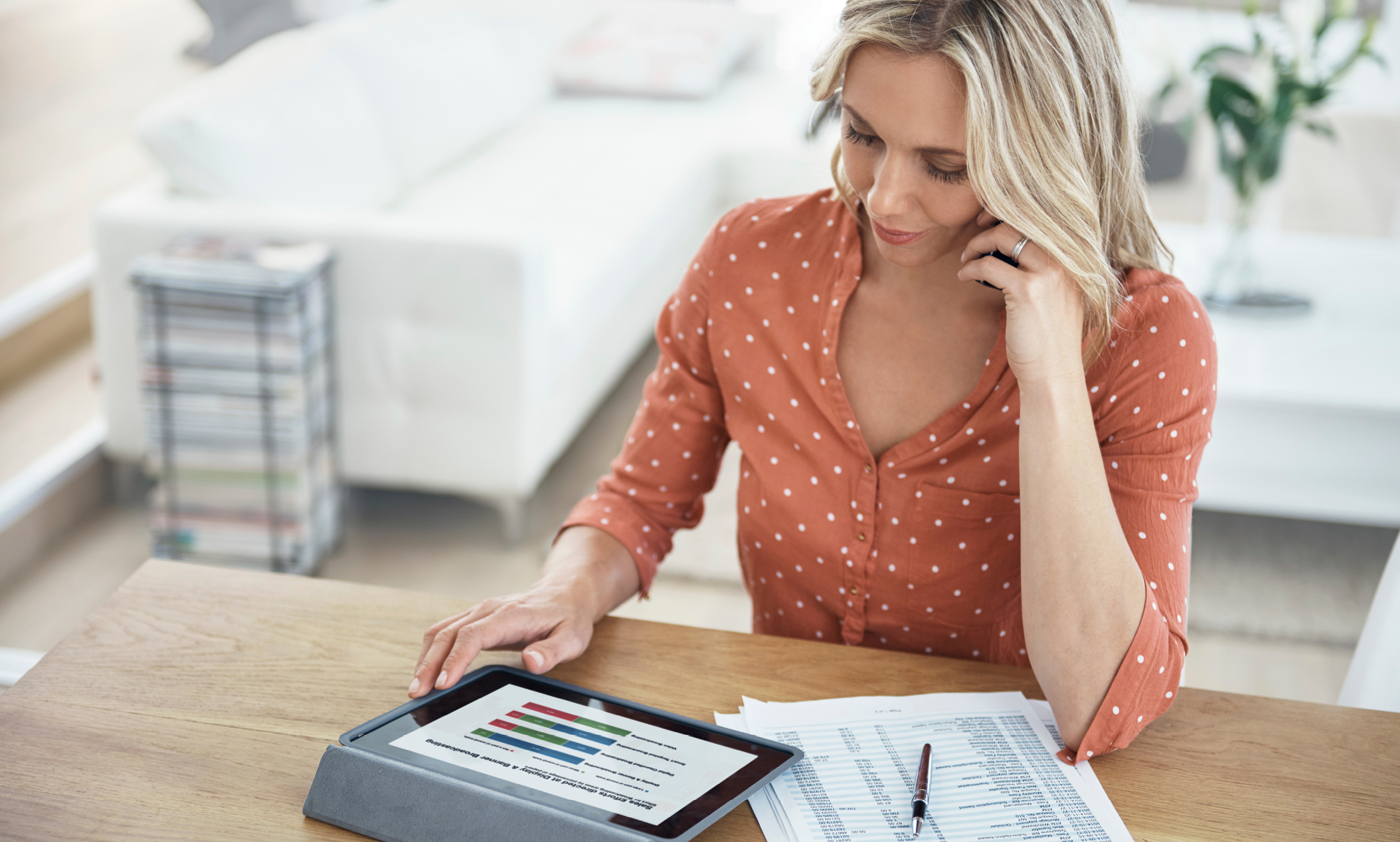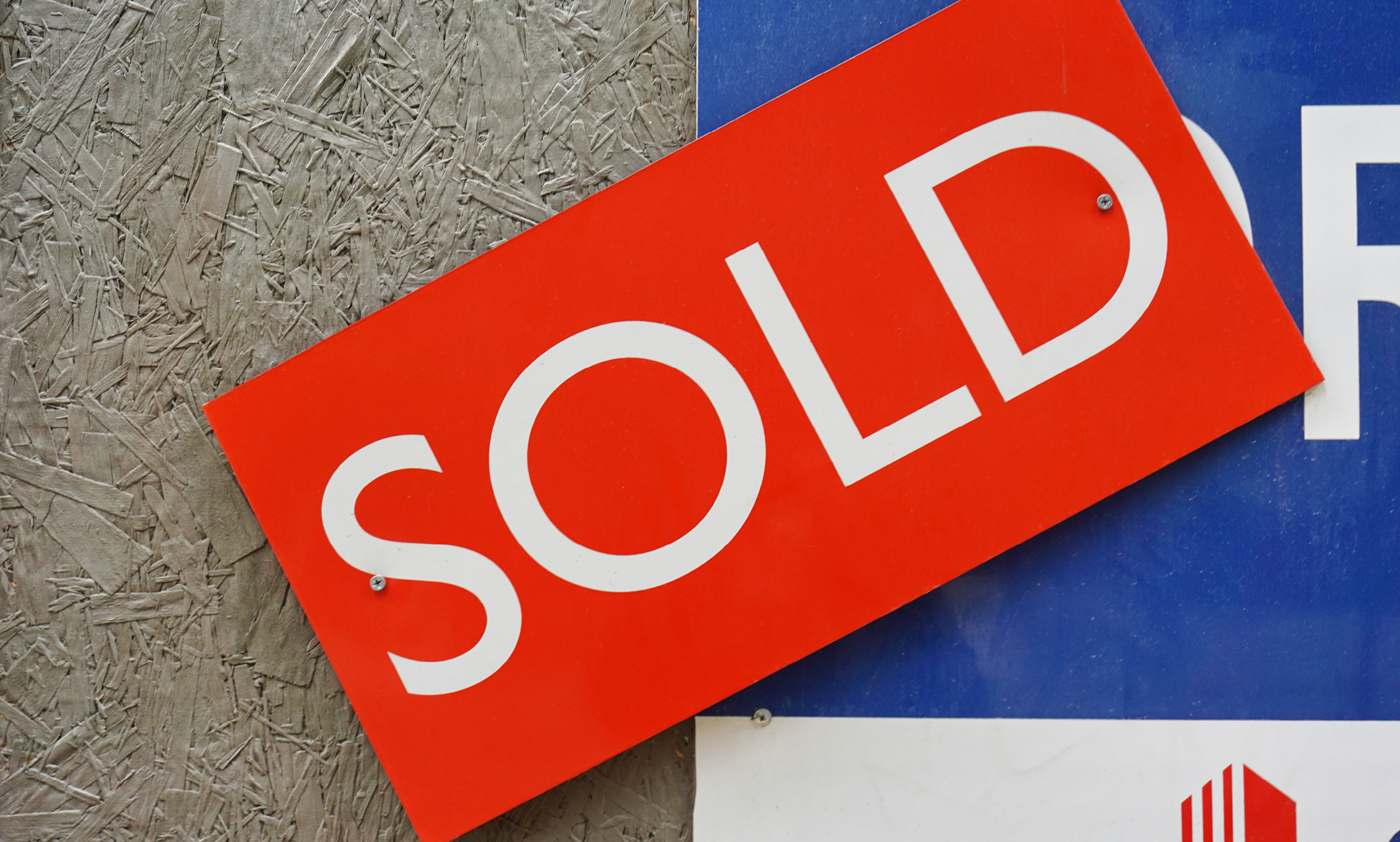What is Home Equity?

Home equity is a financial asset tied to your home – and one that can be used to your advantage in a few exciting ways. Beyond investing in your future, the equity you build up in your home can become a pool of potential value.
In simple terms, home equity is the difference between your home’s market value and what you still owe on it. As you pay down your mortgage over the years, this equity builds up. It’s a big part of home ownership – but something that’s often overlooked. Here’s what you need to know about the basics of home equity, as well as how you can use it to potentially grow your wealth and property portfolio.
What is Equity in a Property?
Equity is a measure of your property ownership as it represents the ‘portion’ that belongs to you. It’s the difference between the market value of your home and the outstanding mortgage balance. As you pay down your mortgage or your home appreciates in value, your equity goes up. Moreover, usable equity (also referred to as accessible equity) is the amount you can leverage for various purposes.
Different lenders may have their own rules around when and how you can tap into this usable equity. Common uses for it include financing home improvements, consolidating debt or paying for major expenses. The ability to access usable equity will depend on things like your creditworthiness, your lender’s official equity policy, current market conditions and more.
What Can Equity Be Used For?
You already know that you can use equity in your current home to invest in another property. But what you might not realise is that it can actually be used for a number of other things.
One common application is improving your home – using equity to renovate or upgrade your property can make a big boost to its overall value. Equity can also be an effective resource for financing major life events, such as a dream holiday or buying a new car.
One big advantage is that the interest rates on home equity loans or lines of credit are often lower than other forms of credit. This means cost savings for you – the borrower. Whether you’re looking to consolidate a high-interest debt, invest in your kids’ future education or fund a big purchase like an investment property, tapping into your property’s usable equity can be a cost-effective strategy.

How Can Home Equity Help?
Taking advantage of your home equity to buy a second property can be a strategic financial move with several benefits:
- It provides the means to expand your real estate portfolio, potentially growing your overall wealth and setting you up for a more comfortable retirement.
- Using home equity for a second property can offer a few tax advantages, as mortgage interest payments could be tax-deductible in some circumstances.
- By diversifying your investments, you are essentially ‘spreading out’ your level of financial risk across multiple assets.
- Using the equity in your existing property means you can access better terms compared to other forms of credit. In other words: lower interest rates.
How to Calculate Your Home Equity
Calculating the equity in your home is fairly straightforward and involves subtracting your outstanding mortgage balance from the current market value of your property. Because property values tend to fluctuate, keeping an eye on your home loan equity is necessary when you are preparing to use it.
Start by getting an up-to-date property valuation, either through a professional appraiser or by using online property-valuation tools – there are lots out there, so don’t just rely on a single valuation. Once you have this figure, you can use the following calculation:
Home value – Outstanding Mortgage = Equity
So, if your property is valued at $1,000,000 and your outstanding mortgage is $800,000, your equity is $200,000. Keep in mind that lenders may have different methods for valuing your property, and getting a formal valuation may incur fees.
5 Things to Consider Before Using Your Equity
- Interest rates: Do a bit of research into the interest rates that come with using your home equity and how they compare to other financing options.
- Loan terms: Always read the terms and conditions of equity-based loans, including repayment schedules and potential penalties for missed payments.
- Property value trends: What’s happening right now in the current property market? Consider the current and future trends of property values, as they might impact your decision to borrow additional funds.
- Your financial situation: Assess your overall financial stability to make sure you are matching your home-equity plans with your long-term financial goals and risk appetite.
- Impact on loan-to-value (LVR) ratio: Find out how using your equity might affect your loan-to-value ratio. This can influence your eligibility for certain loans and lower interest rates.

How Can I Use Equity to Buy a Second House?
Aside from refinancing, there are a few other options available to you that can give you access to your home’s equity for the purpose of buying another property. Before getting started, it may be wise to use a few tools – like our Brighton Homes financial calculators – to wrap your head around your borrowing power, how much it will cost to buy an investment property, as well as other resources like budget planners and stamp duty calculators.
Line of Credit
Using equity through a line of credit is a common strategy for property investors. It’s a way for homeowners to access funds up to a predetermined limit based on the equity in their property. By going down the line-of-credit route, you can secure the necessary loan amount for a deposit on your second home.
Reverse Mortgage
If you own your primary residence outright or have substantial equity, a reverse mortgage may be an option. This strategy means you can convert a portion of your home equity into cash, which can then be used for property investment. The existing home loan is repaid when the borrower moves out, sells the home or passes away. Reverse mortgages are, however, subject to tight lending criteria, so speak to your bank about whether this is a viable option.
Cross-Collateralisation
Cross-collateralisation uses the equity in your existing home loan as collateral for the loan on your second house. It’s a financial strategy that ties both properties together. While this can make the loan process more streamlined, it also means that any default on one property will negatively impact the other one.

Can I Use Equity to Buy a House With No Deposit?
The equity from your home is what can be used as a deposit for a second property. In other words, if you have enough equity in your existing home, then you can use this amount as the deposit for your new investment property – with The equity from your home is what can be used as a deposit for a second property. In other words, if you have enough equity in your existing home, then you can use this amount as the deposit for your new investment property – with many lenders allowing you to borrow up to 95% LVR on your own home and 90% on an investment property.
How Does Using Equity to Refinance Affect My Current Home Loan?
Refinancing with your equity involves replacing your existing home loan with a new one, often with better terms. Drawing on how much equity you have during refinancing can be a smart way to get additional funds. However, you’ll want to factor in any impact to your existing loan. While it can increase the overall debt secured by your property, it may also result in lower interest rates or better loan terms.
Make sure you speak to your financial adviser or tax professional to make sure that any refinancing decisions you make align with your overarching financial goals and won’t jeopardise your current home loan structure.

How to Raise Your Home's Equity
Looking to build up your home’s equity so you can leverage more funds for a cash deposit on future investments? Here are a few strategies to consider:
- Home improvements: Improve the value of your home through strategic home improvements, renovations, extensions and more.
- Market appreciation: Monitor market appreciation on homes in your area by staying informed about current trends.
- Additional loan repayments: You may be able to make extra mortgage repayments to build equity in your home faster. Just make sure you won’t be financially penalised.
- Maintain your property’s condition: Regular home maintenance and upkeep will help to preserve the value of your existing home.
- Energy-efficient upgrades: You might consider investing in energy-efficient upgrades – such as solar panels or EV charging batteries (standard with any Brighton Home)– that lower your utility bills while also making your property more attractive to buyers (and therefore more valuable).
Tips for Investing in Property
Investing in property can be a lucrative strategy – but only when done with plenty of research, professional advice and careful consideration. If you’re looking to take advantage of your home equity for an investment property, knockdown-rebuild options may offer an excellent avenue – especially if you are buying a property for the growth potential of the land itself. This involves demolishing the existing property and building a new one on the same land, thereby increasing the overall value of the property.
Before jumping into property investment, make sure you research local markets, consider long-term market trends, get tax advice from an expert and do your due diligence on using equity to buy. Remember, the strategic decisions you make today could translate into profitable outcomes tomorrow.



